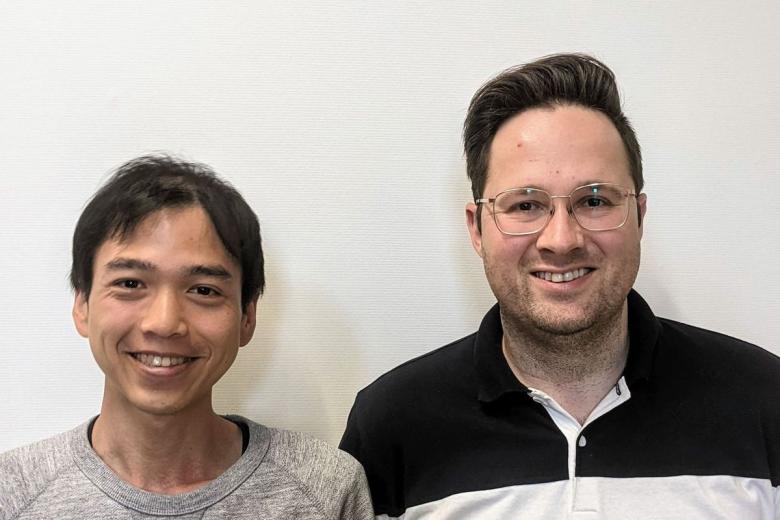Eighteen students completed their bachelor's degree in 2021 with a thesis that was labelled ‘excellent’ by their faculty. Here you will find a short introduction to these excellent theses in the form of an "elevator pitch" from each student, plus a video in which the supervisor briefly addresses the lucky winner.
Lisa Koole
Faculty of Health, Medicine and Life Sciences| Bachelor Biomedical Sciences
"Interactive neuroinflammatory pathways and transcriptomics data analysis for schizophrenia and psychosis. Emergence of therapeutic strategies. "
Lisa's elevator pitch
Schizophrenia is a psychiatric disorder with limited responsiveness to current medical treatments. This thesis focused on identifying novel drug targets in the field of neuroinflammation. Interactive neuroinflammatory pathways underlying schizophrenia were curated and used for transcriptomics data analysis. This analysis indicated dysregulation of various neurological components, including astrocytes, glutamatergic neurons, the immune system, and the extracellular matrix. Pharmacological agents modulating these components were identified and might provide alternative therapeutic strategies for schizophrenia.

Congratulations Lisa
In this video Lisa is addressed briefly by the immediate supervisor.































